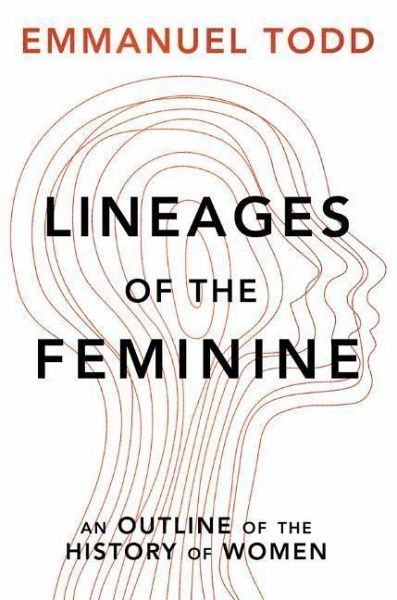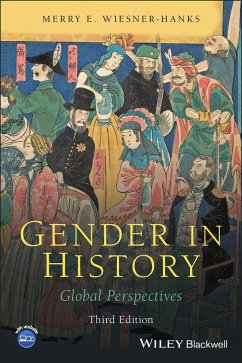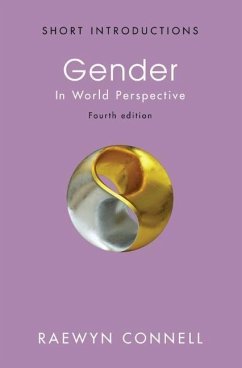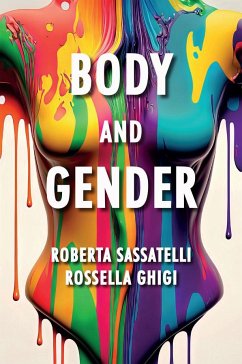
Lineages of the Feminine
An Outline of the History of Women
Übersetzung: Brown, Andrew

PAYBACK Punkte
19 °P sammeln!
We are experiencing an anthropological revolution. We see it in the #MeToo movement, in the denunciation of femicide and in an increasingly vociferous critique of patriarchal domination. Why this sudden rise of an antagonistic conception of the relationship between men and women, at the very moment when progress is accelerating and when the goals of first- and second-wave feminism seem on the verge of being achieved?In this book, the anthropologist and historian Emmanuel Todd, while not underestimating the importance of crucial inequalities that remain, argues that the emancipation of women ha...
We are experiencing an anthropological revolution. We see it in the #MeToo movement, in the denunciation of femicide and in an increasingly vociferous critique of patriarchal domination. Why this sudden rise of an antagonistic conception of the relationship between men and women, at the very moment when progress is accelerating and when the goals of first- and second-wave feminism seem on the verge of being achieved?
In this book, the anthropologist and historian Emmanuel Todd, while not underestimating the importance of crucial inequalities that remain, argues that the emancipation of women has essentially already taken place but that it has given rise to new tensions and contradictions. As women gain more freedom, they also gain access to traditional male social pathologies: economic anxiety, the disorientation of anomie, and individual and class resentment. But because they remain women, with the ability to bear children, their burden as human beings, although richer, is now more difficult to bear than that of men.
In order to understand our current condition, Todd retraces the evolution of the male/female relationship through the long history of the human species, from the emergence of Homo sapiens a hundred thousand years ago to the present. He also conducts a broad empirical study of the convergence between men and women today and of the differences that still separate them - in education, in employment and in relation to longevity, suicide and homicide, electoral behaviour and racism. He explores the relations between women's liberation and other changes in contemporary societies such as the collapse of religion, the decline of industry, the decline of homophobia, the rise of bisexuality and the transgender phenomenon, and the decline in a sense of the collective life. And he shows how and why Western countries - and especially the Anglo-American world, Scandinavia and France - are, in their new feminist revolution, perhaps less universal than they think.
In this book, the anthropologist and historian Emmanuel Todd, while not underestimating the importance of crucial inequalities that remain, argues that the emancipation of women has essentially already taken place but that it has given rise to new tensions and contradictions. As women gain more freedom, they also gain access to traditional male social pathologies: economic anxiety, the disorientation of anomie, and individual and class resentment. But because they remain women, with the ability to bear children, their burden as human beings, although richer, is now more difficult to bear than that of men.
In order to understand our current condition, Todd retraces the evolution of the male/female relationship through the long history of the human species, from the emergence of Homo sapiens a hundred thousand years ago to the present. He also conducts a broad empirical study of the convergence between men and women today and of the differences that still separate them - in education, in employment and in relation to longevity, suicide and homicide, electoral behaviour and racism. He explores the relations between women's liberation and other changes in contemporary societies such as the collapse of religion, the decline of industry, the decline of homophobia, the rise of bisexuality and the transgender phenomenon, and the decline in a sense of the collective life. And he shows how and why Western countries - and especially the Anglo-American world, Scandinavia and France - are, in their new feminist revolution, perhaps less universal than they think.













